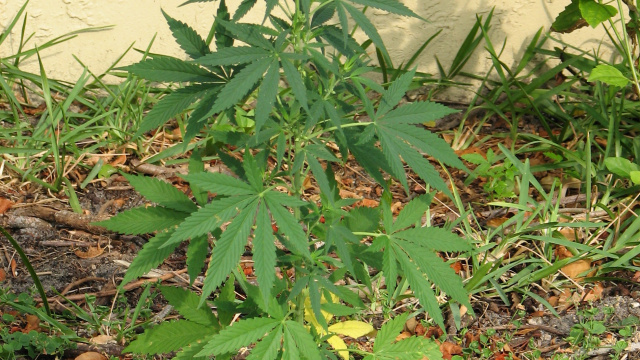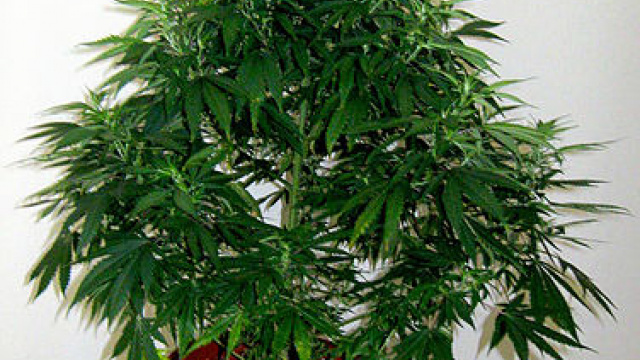 Colorado’s hemp-growing industry will kick off on a modest scale under state legislation expected to be introduced next week.
Colorado’s hemp-growing industry will kick off on a modest scale under state legislation expected to be introduced next week.
The bill sponsored by state Sen. Gail Schwartz, D-Snowmass Village, would enable farmers to register for 10-acre research-and-development plots to test the viability of different hemp varieties.
Hemp is genetically related to marijuana but contains little or no THC, the psychoactive substance in marijuana. The seeds and fibers of hemp have dozens of commercial uses in foods, cosmetics, textiles and building materials.
The passage of Amendment 64 last year legalized in Colorado the possession and cultivation of both marijuana and hemp.
However, growing hemp, as with marijuana, is still illegal under federal law. That’s one of the reasons that hemp backers are proposing to launch the industry on a relatively small scale.
Schwartz said Thursday at a hemp forum in Loveland that 10-acre R&D plots grown under state guidelines are less likely to attract federal law enforcement attention than bigger commercial farms.
The proposed legislation would not prohibit larger farms, but backers say it is unlikely that farmers would choose to start on a large scale.
“The reality of the situation is that hemp probably won’t be grown on a mass commercial level for a few years because the crop will still need to be processed in-state and it will take a while to build that infrastructure and market,” said Samantha Walsh, political director of the advocacy group Hemp Cleans.
The bill would direct the Colorado Department of Agriculture to establish rules for registration and crop testing.
Hemp-growing has been legal in Canada since 1998. The industry is expanding rapidly. In 2012, a record 52,000 acres were grown. Projections for this year are 75,000 acres.
Canadian farmers at the Thursday forum said the crop is resistant to drought and weeds, relatively easy to grow, and profitable compared to other mainstream crops.
Manitoba hemp scientist Anndrea Hermann said the Canadian crop recently has generated average profits of $255 per acre compared with $208 for corn, $201 for canola and $100 for wheat.
David Bronner, whose company Dr. Bronner’s Magic Soaps is a major buyer of hemp oil, said at the forum that Colorado’s efforts to establish an industry may help persuade the federal government to end its prohibition.
“A little civil disobedience in the mix would hasten the end of this charade,” he said.
Source: Denver Post (CO)
Author: Steve Raabe, The Denver Post
Published: March 22, 2013
Copyright: 2013 The Denver Post
Website: http://www.denverpost.com/
Contact: [email protected]



Leave a Reply